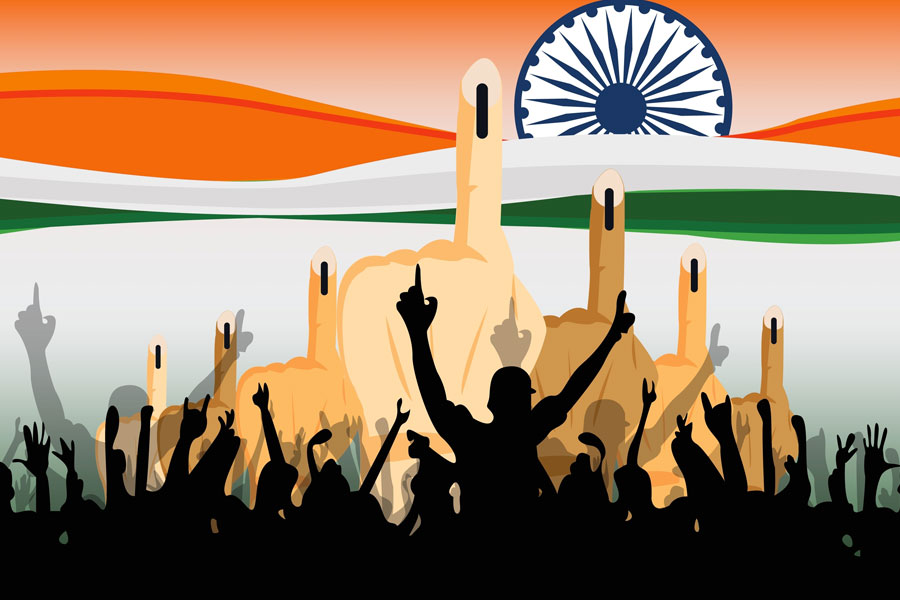The two bills that lay down legal framework to hold simultaneous polls in the country are latest in the series of draft laws to be referred to a joint committee of Parliament since 2015.
The two bills referred together to the joint panel are 12th since 2015 to be sent to a committee of the two Houses.
With the opposition in Lok Sabha dubbing the measures as an attack on federalism, the government referred them to a joint committee of Parliament for detailed scrutiny and wider consultations.
The Constitution (129th Amendment) Bill lays down mechanism to hold Lok Sabha and assembly polls together.
Since it seeks to amend the Constitution, it will require support of two-thirds of the members present and voting.
The Union Territories Laws (Amendment) Bill seeks to align the terms of legislative assemblies of Delhi, Puducherry and Jammu and Kashmir with other assemblies.
The three UTs have legislative assemblies. It is an "ordinary" bill requiring simple majority for passage.
Prior to the 'one nation, one election ' bills, the Waqf (Amendment) Bill was the last one to be referred to a joint committee for greater consultation.
In case one House decides to refer a Bill to a joint committee, it informs the other House to nominate members for the panel.
The select or joint committee considers the Bill clause by clause just as the two Houses do. Amendments can be moved to various clauses by members of the committee.
The committee can also take evidence of associations, public bodies or experts who are interested in the Bill.
After the Bill has been considered, the committee submits its report to the House. Members who do not agree with the majority report can give a dissent to it.
The bills referred to joint panels include the Right to Fair Compensation and Transparency in Land Acquisition, Rehabilitation and Resettlement (Second Amendment) Bill, 2015; the Insolvency and Bankruptcy Code, 2015; the Enforcement of Security Interest and Recovery of Debts Laws and Miscellaneous Provisions (Amendment) Bill, 2016; and the Bill to Amend The Citizenship Act, 1955.
Similar joint parliamentary panels were formed to scrutinise the Financial Resolution and Deposit Insurance Bill, 2017, and the Jan Vishwas (Amendment of Provisions) Bill, 2022.
The Forest (Conservation) Amendment Bill, 2023, was also referred to a joint panel.
Except for the headline, this story has not been edited by The Telegraph Online staff and has been published from a syndicated feed.











